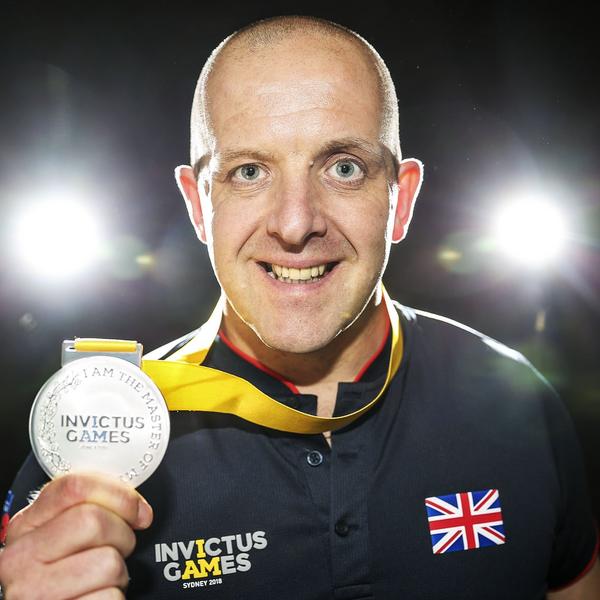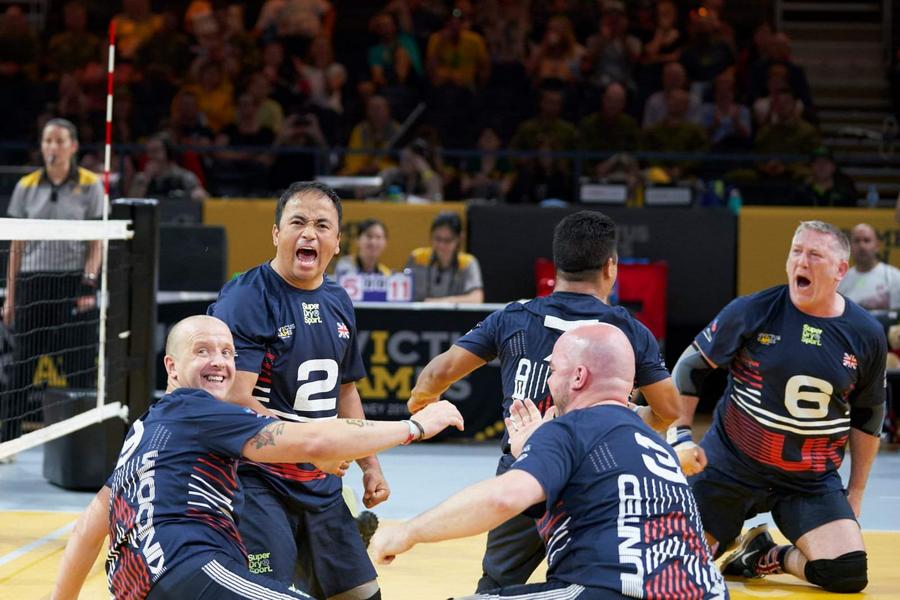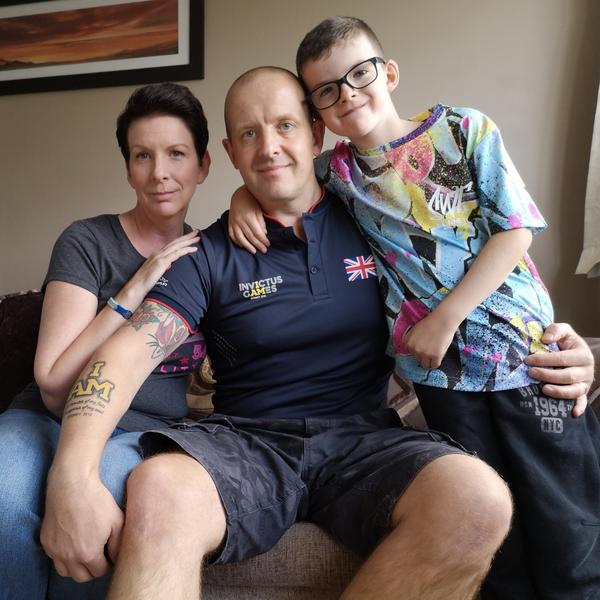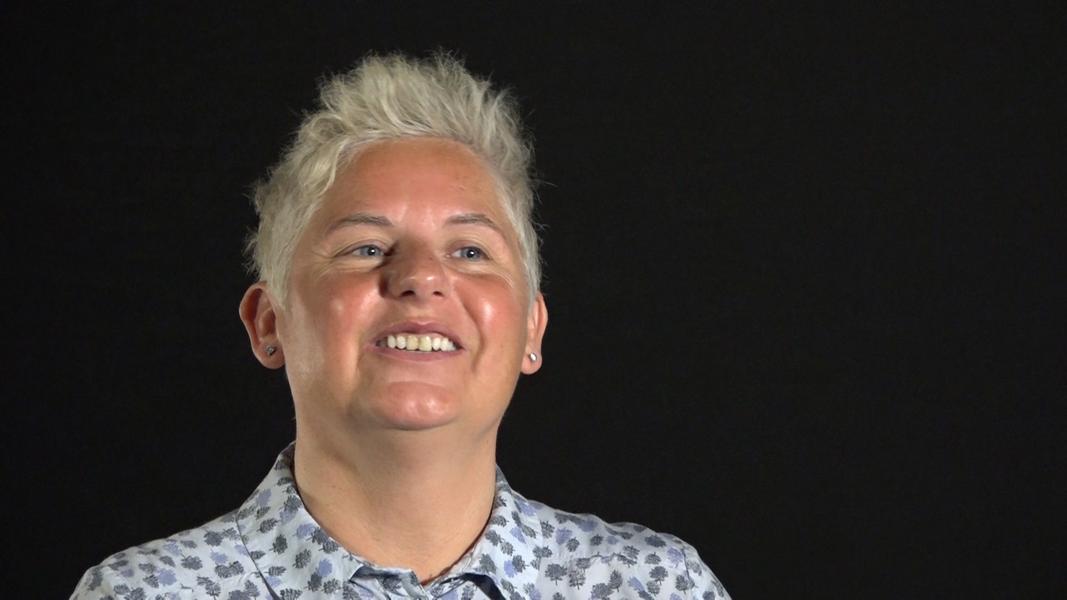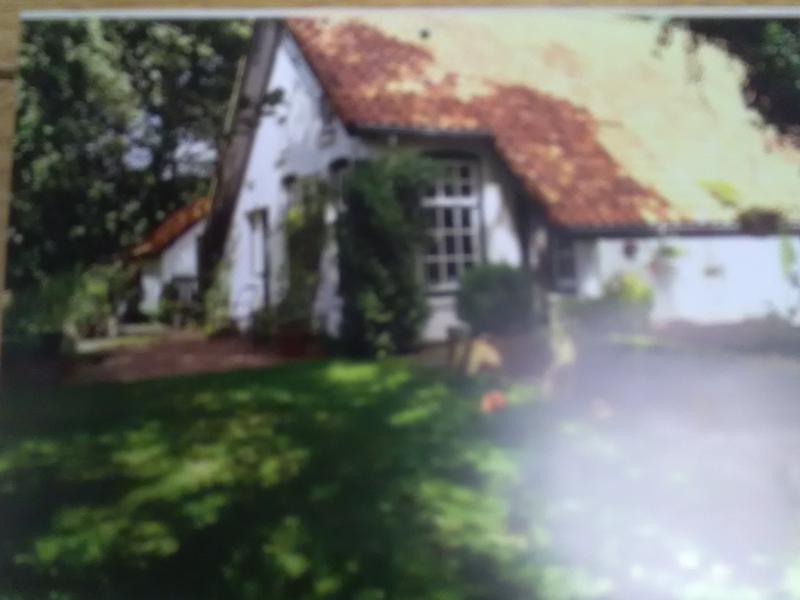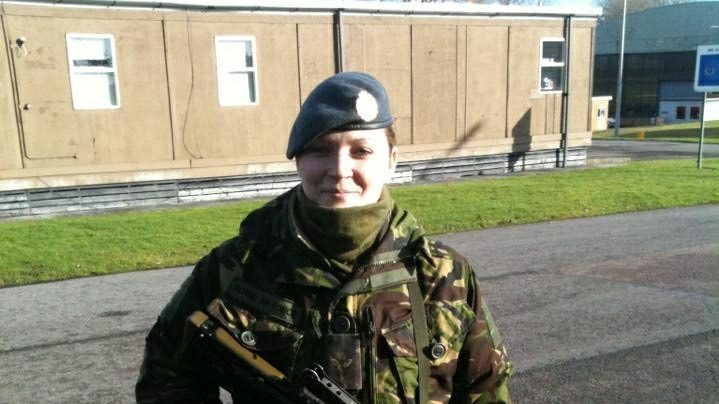is not a major thing,
because, if you take somebody away from the situation,
then the body will, and the brain, will naturally recover.
So it's not something to massively worry about, at the time.
And, I went back to work, as normal.
And I was assessed at various stages,
medically and psychologically.
And I said to the psychologist,
I said, look, I really want to go back to Iraq.
My friends, at that time, were still out there in Iraq
and I was feeling very, very guilty, and very ashamed,
feeling like I wasn't man enough.
So I really needed to put those ghosts to bed
and just really get myself back out there.
So I asked to go back out there,
and they said there's no reason why not.
So, six months after being medevac'd back,
I went out for my second tour.
I felt, a part of me felt confident to go back
so that I could prove to myself, mainly,
and to my comrades and my family,
that I was man enough and I could do the job.
But the tasks had changed massively.
We'd do a rotation through three different bases.
And there were three massively different tasks.
So, one of them was being tasked to go into Basra
and the surrounding areas, or southern Iraq,
and carrying out bomb disposal duties,
so making things safe.
That was okay; I was confident of my abilities
and our team was absolutely excellent,
a really good bunch of guys,
so, very professional and we made each other feel safe.
Another rotation was up into, further towards Baghdad,
about halfway between Basra and Baghdad.
And that was a little bit more remote.
It was a town called Al Amarah.
Now that was a very small forward operating base.
And so there was a lot of potential there for contact,
mortar attacks, so on and so forth.
So that was very different.
And very quickly started learning from our Army comrades
some infantry skills,
which we had done our training before going out there,
but putting it into practice for real for the first time
was, yeah, it was interesting.
And so we saw a lot of things there.
And the third rotation
was something called IRT, Immediate Response Team.
And that was based from Basra, the actual airport.
So we'd be sitting there waiting.
Ten minutes notice to move to jump on a helicopter
and go in to recover people with injuries
to a medical facility.
So that was so massively varied
because every single job was different.
It could be a road traffic accident.
It could be somebody in a mine field.
It could be a shooting instance or a bomb blast.
So everything was very different,
it was kind of reactive.
So, on board we had a couple of medics.
We had, usually, three or four bomb disposal guys,
just in case it was in a mine field,
and that we could extract people from there.
And then sometimes we'd have,
maybe, a couple of firefighters,
or infantry, depending on the actual situation.
